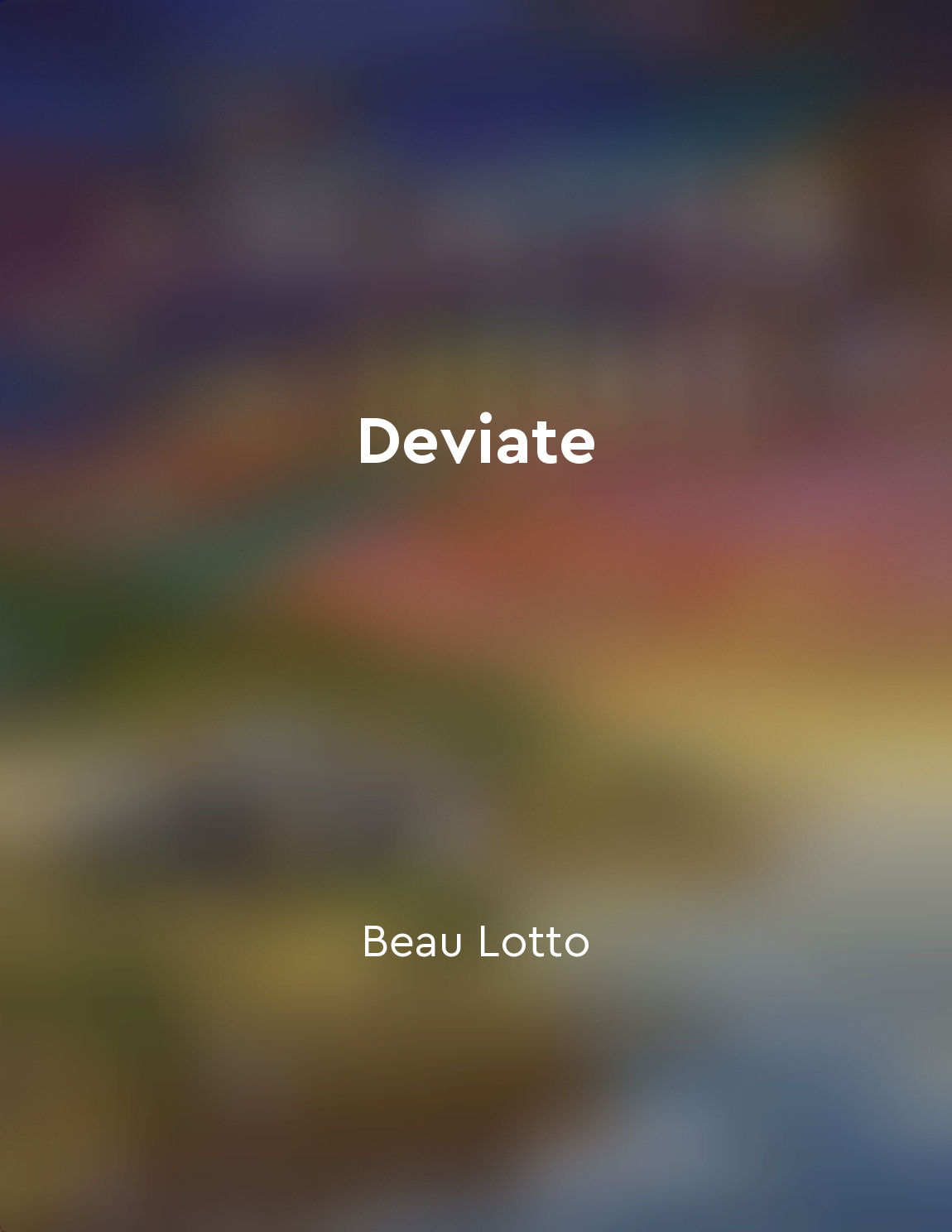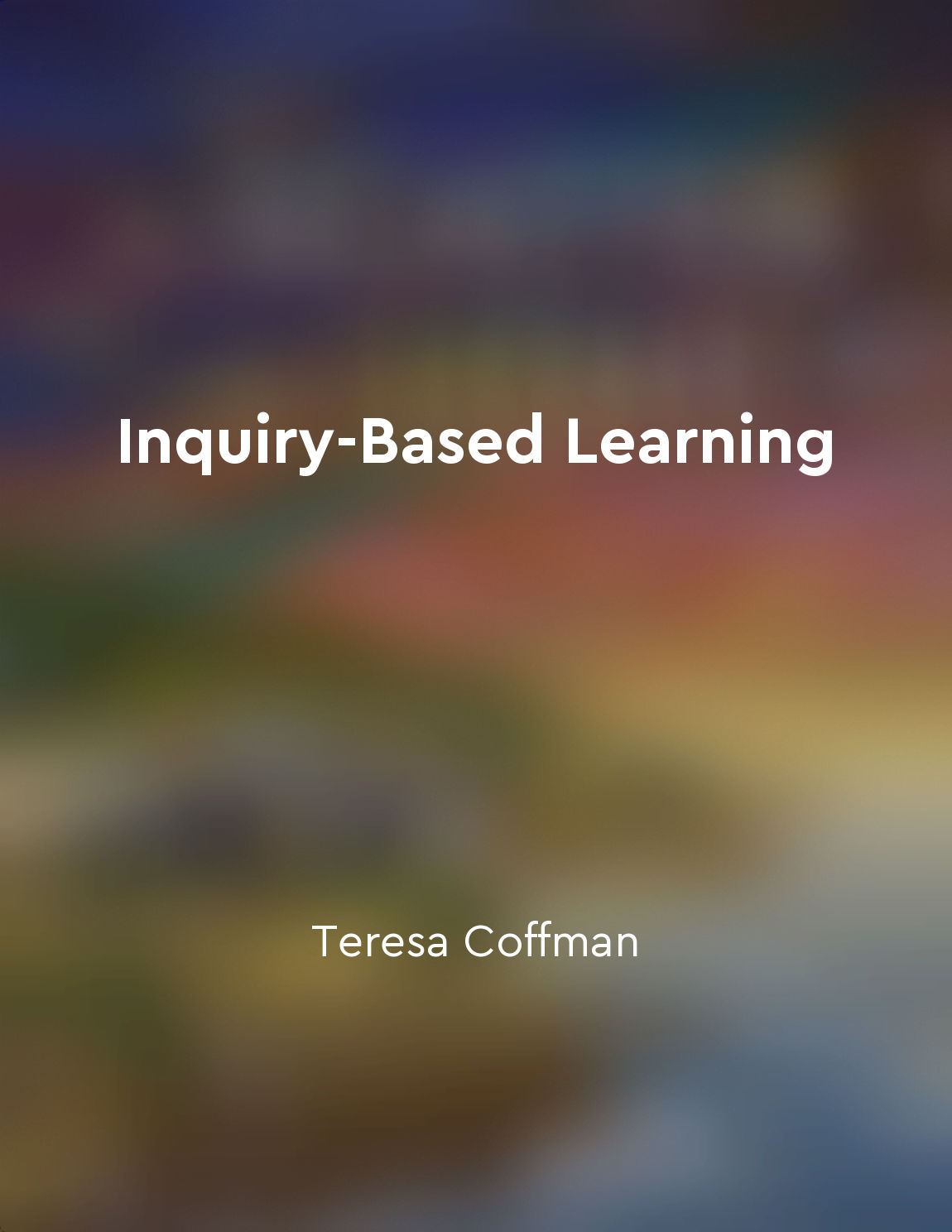Students ask questions and seek answers from "summary" of Inquiry-Based Learning by Teresa Coffman
The essence of inquiry-based learning lies in the fundamental idea that students are encouraged to actively engage in the learning process by asking questions and seeking answers. This approach shifts the traditional role of the teacher as the primary source of knowledge to a more collaborative relationship where students take ownership of their learning journey. When students ask questions, they are not merely seeking factual information but are delving deeper into the underlying concepts and principles that drive the subject matter. By formulating their inquiries, students are able to articulate their thoughts, explore different perspectives, and challenge their own assumptions. This critical thinking skill is essential for developing a deeper understanding of the material and fostering a sense of curiosity and exploration. Moreover, the act of seeking answers empowers students to become active participants in the learning process. Rather than passively receiving information, students are encouraged to conduct research, analyze data, and draw their own conclusions. This process of discovery not only enhances their problem-solving skills but also instills a sense of independence and self-reliance. Inquiry-based learning also promotes a sense of creativity and innovation among students. By encouraging them to ask questions that do not have straightforward answers, this approach nurtures a spirit of exploration and experimentation. Students are challenged to think outside the box, consider alternative viewpoints, and come up with innovative solutions to complex problems.- The concept of students asking questions and seeking answers is at the heart of inquiry-based learning. It empowers students to take an active role in their education, fosters critical thinking and problem-solving skills, and encourages creativity and innovation. By embracing this approach, educators can create a dynamic and engaging learning environment where students are motivated to explore, discover, and grow.
Similar Posts

Teach children to think critically and analytically
To guide children to think critically and analytically, adults first need to understand the process of developing these skills....

Effective questions promote meaningful discussions
Warren Berger emphasizes the importance of asking effective questions to stimulate meaningful discussions. When we pose thought...

Embrace uncertainty for growth
Uncertainty is not something to be feared or avoided; rather, it is an essential element for growth and learning. When we embra...
Recognizing the impact of emotions on learning
Emotions play a significant role in the learning process. When we feel positive emotions such as curiosity, excitement, or pass...
Listen actively to gather information
To gather information effectively, it is essential to listen actively. Active listening involves paying close attention to what...
Realworld relevance is a hallmark of PBL
One of the distinguishing features of problem-based learning (PBL) is its emphasis on real-world relevance. This hallmark chara...
Foster creativity in learning
One of the key elements in education is fostering creativity in learning. This concept goes beyond the traditional methods of t...

The right question can unlock potential
The power of questions lies in their ability to open up new possibilities, to shift our perspectives, to challenge our assumpti...


